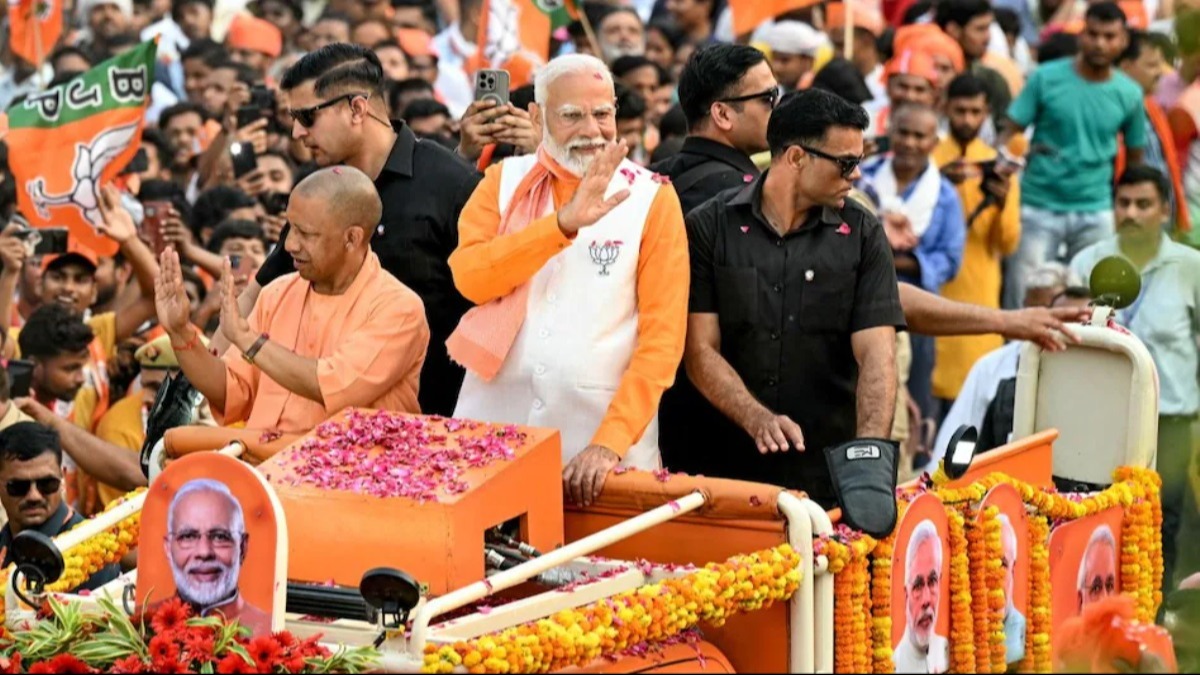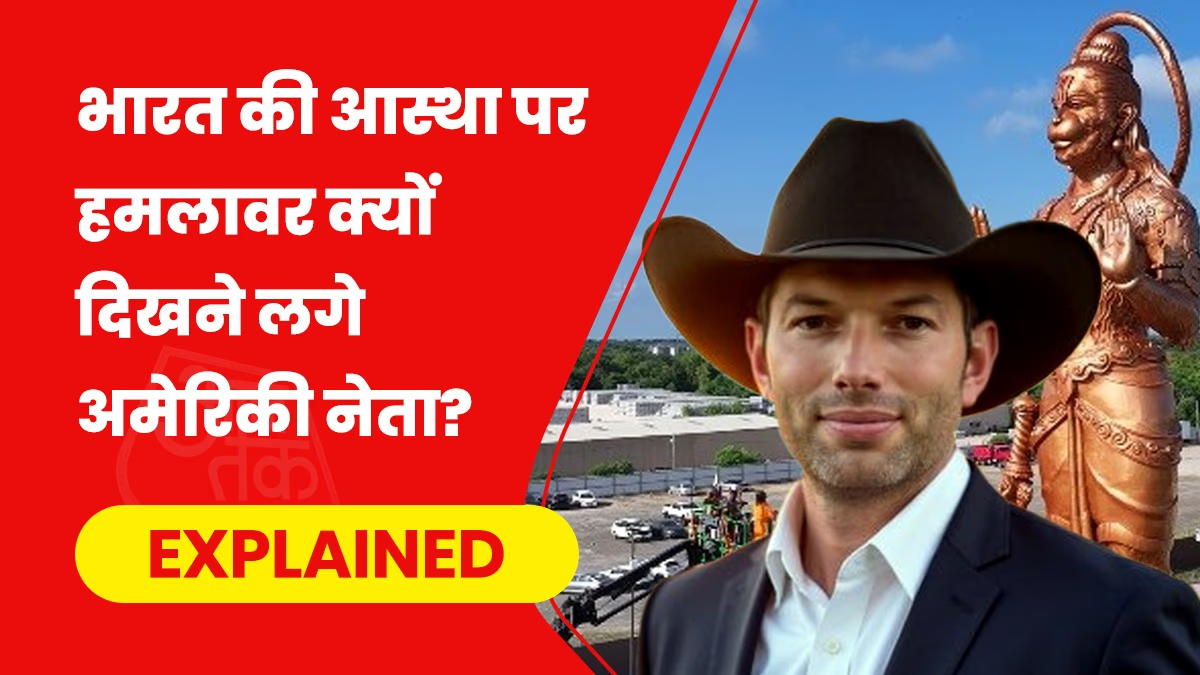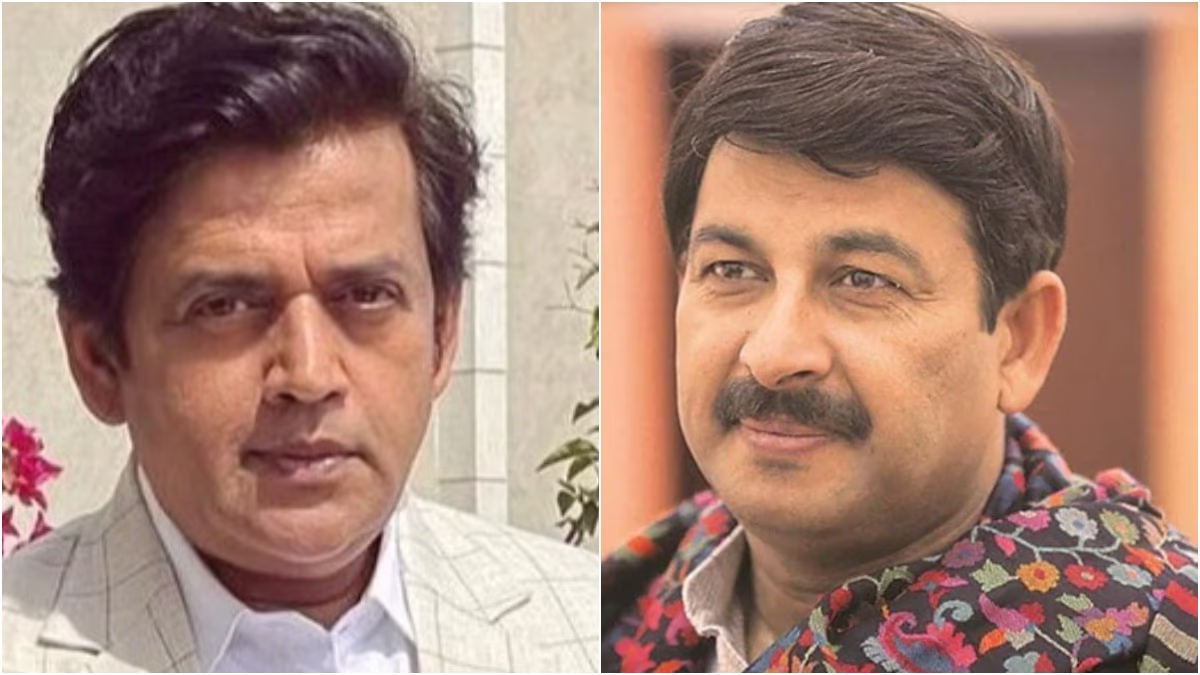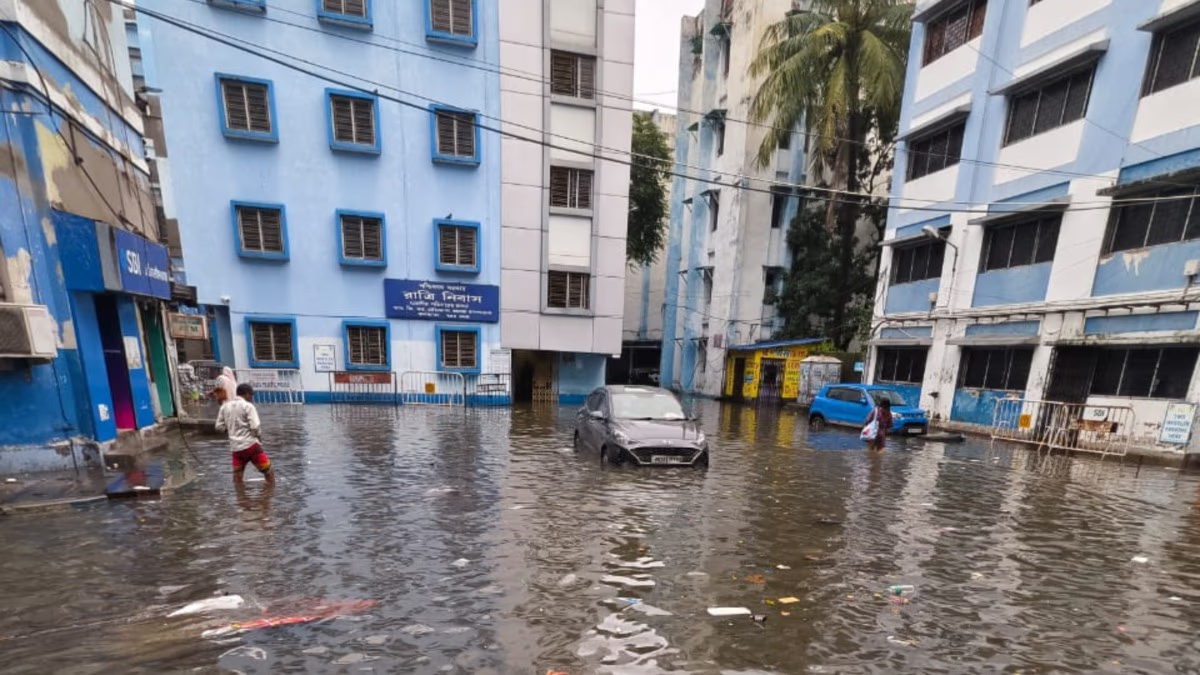The BJP has targeted a monumental 400 seats in the upcoming 2024 Lok Sabha elections. Prime Minister Narendra Modi and Home Minister Amit Shah have consistently claimed that the BJP is on course to victory across these many constituencies. In the midst of this, both the ruling and opposition parties are vying to tell the public what a government with over 400 seats could potentially achieve. The big question, however, is whether the claims being made are simply election hyperbole. Although such definitions have been a staple of political campaigns to motivate the electorate, this time it seems to have gone a bit too far. Both sides have leveraged the slogan to their advantage depending on their narrative. The true impact of this claim on BJP will be revealed only after the election results on June 4th.
Evaluating the Electoral Merits and Pitfalls of the 400 Seat Target
Political philosophers have long espoused the belief that 'more power leads to more corruption.' In this vein, the public has been wary of the BJP's 400 seat target, seeing it as too ambitious and potentially dangerous, exemplified by a notable apathy towards voting. For BJP supporters, there's a sense that even without their vote, a sweeping victory is assured. Conversely, those opposed to the Modi government feel disenfranchised, questioning the point of voting if the outcome seems predetermined. Recognizing this sentiment, the BJP cleverly spread the fear of losing among its base. Analysts suggest that the uptick in voter turnout in later phases compared to early trends could be the result of this negative BJP campaign.
Varied Claims by BJP Leaders
It's not just Prime Minister Modi making the 400-seat claim. Assam Chief Minister Himanta Biswa Sarma, while rallying for BJP candidate Harsh Malhotra from East Delhi's Laxmi Nagar, claimed that upon securing over 400 seats, a grand temple would be built at Mathura's Krishna Janmasthan, and another opulent temple would replace the Gyanvapi Mosque in Kashi. He even warned that Congress might rebuild the Babri Masjid at Ayodhya's Ram Janmabhoomi, hence the urgency to re-elect Modi with more than 400 seats. Statements like these from various BJP leaders highlight the party's use of religious sentiments as part of their electoral strategy.
How the Opposition Cashed in on the 400 Seats Slogan
The way the opposition handled BJP's aggressive campaign is noteworthy. By linking the 400-seat target with the defense of the constitution and reservation rights, the opposition has managed to put the BJP on the defensive. In Uttar Pradesh, for instance, certain Dalit communities cast their votes for the Samajwadi Party, fearing that a 400-seat win for the NDA could threaten reservations – a fear highlighted in numerous videos despite the constitutional complexity of abolishing reservations.
What the Government Could Do with 400 Seats
No government, regardless of the scale of its majority, can introduce laws against public sentiment. Political analyst Saurabh Dubey suggests that if the Modi government were to get over 400 seats, it might work on some legal changes, such as introducing a Uniform Civil Code. Journalist Vinod Sharma, however, sees the 400-seat target as just strategic rhetoric, aiming to maximize BJP's winning seats. Whether the government can or will align the reality with the rhetoric remains a question that only the upcoming elections will resolve.




